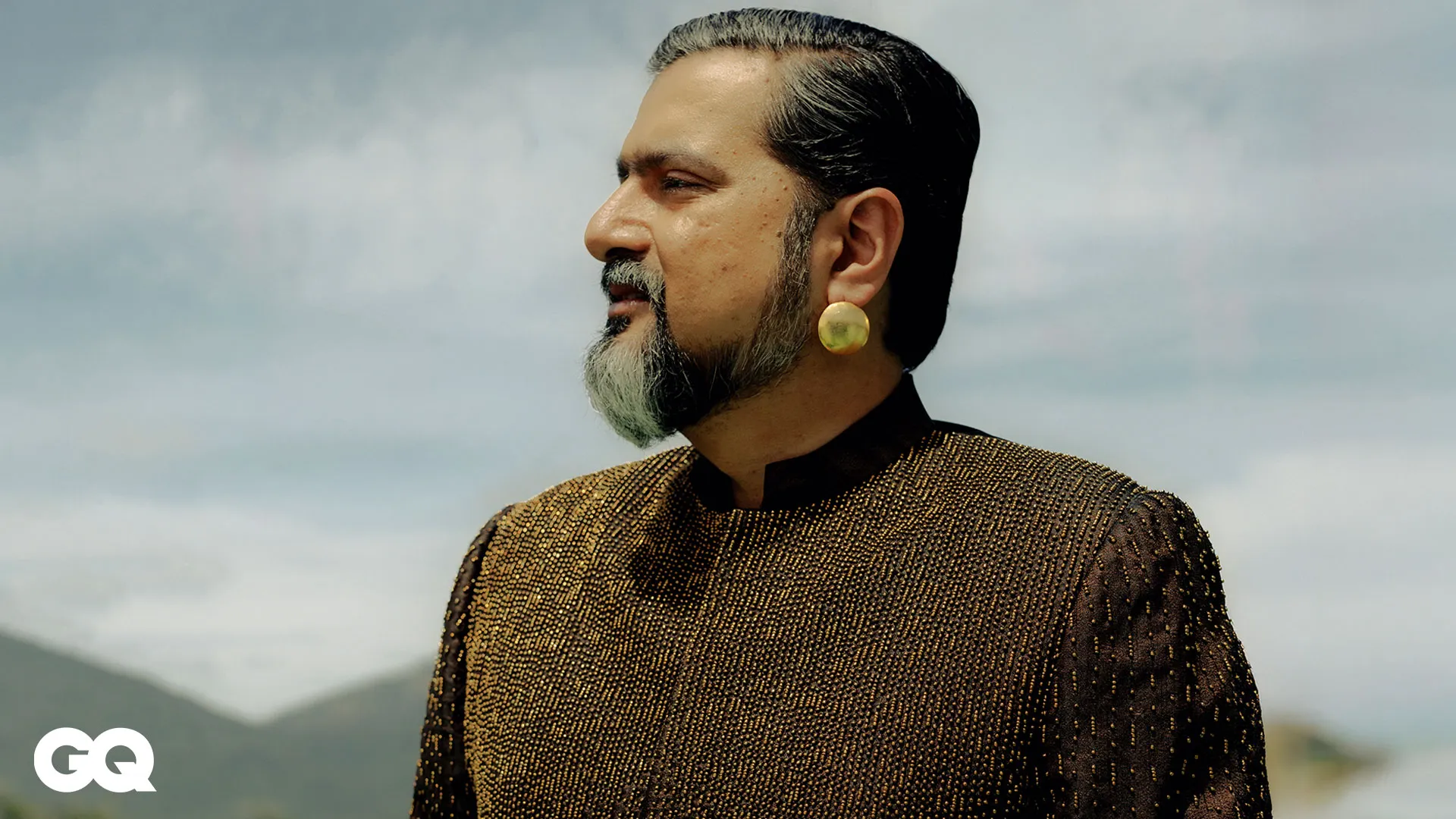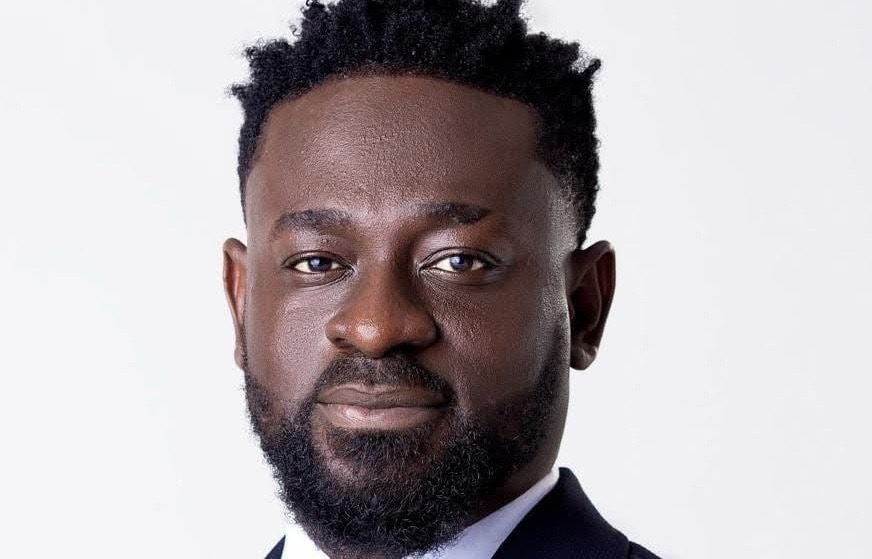Copyright gqindia

Ricky Kej was in the sixth grade when he first heard Nusrat Fateh Ali Khan. It was the age of the Walkman, and a school friend passed him a cassette titled Night Song, a collaborative studio album by the Pakistani qawwali legend and Canadian guitarist Michael Brook. Halfway through “Taa Deem”, a haunting fusion of soul--stirring vocals and the ambient music’s atmospheric restraint, he involuntarily broke down in tears. “I’m an atheist, I don’t believe in any kind of god or higher power… but I think in that moment, I experienced what many would call a spiritual moment,” he recalls at GQ Heroes, a Festival of Ideas set against the rolling greens of Nandi Hills. Today, that same sixth-grader has become one of India’s most decorated contemporary composers—a three-time Grammy Award winner, 2025 Padma Shri recipient and United Nations Goodwill Ambassador known for fusing Indian classical influences with global sounds. The childhood itch to create transcendental music, the kind that would “overwhelm the senses” like he experienced when he was 11, materialised in 2015 with Winds of Samsara, his debut global fusion album, which won him his first Grammy. A collaboration with South African flautist Wouter Kellerman, the record layered Indian ragas with African rhythms, creating a lush, transcendental soundscape. Then came a partnership with The Police’s Stewart Copeland for Divine Tides, an album that earned two Grammys (in 2022 and 2023). These titles have expanded Kej’s palette into symphonic territory, merging orchestral grandeur with the serenity of some Indian classical traditions. Kej is as much an environmentalist as an artist; his music often carries a message of environmental consciousness and cross-cultural harmony, placing him in a rare space where artistry meets activism. He works with the UN Convention to Combat Desertification on land restoration, and as part of his efforts for Unicef, he leads educational initiatives championing sustainability among children. His My Earth Songs project features 30 originals, each carrying a positive ecological message. Kej also collaborates with the World Health Organization on air pollution campaigns, as well as with the UNHCR, advocating for young refugee musicians. Despite his celebrity and successes, Kej prefers to stay focused on his creative growth and craft, instead of cynically cashing in. The 44-year-old spends most of the year touring, collaborating with other Grammy-winning musicians and meeting world leaders to advocate for environmental and social issues. He prefers Bengaluru as his base, a city that mirrors his ethos: rooted and progressive. My first interaction with Kej was over Zoom, for his album Gandhi – Mantras of Compassion, for which he teamed up with Nobel Peace Prize laureate Kailash Satyarthi. During the call, he introduced me to his indie rescue dog, Rocky, a scrappy survivor he’d found injured at his gate eight years ago. Our conversation meandered from the future of Indian music and his grandfather and cycling legend Jankidas Mehra, to how his environmental activism has evolved from the radical ‘Greta Thunberg approach’ to the gentler ‘Sir David Attenborough approach’. I remember thinking this was a musician who was remarkably easy to talk to; an artist more interested in purpose than praise. Months later, at the GQ Heroes summit, he was just as unfiltered and self-assured in person. At 6ft 2in tall, he’s usually a head above everyone else, his salt-and-pepper hair and dramatic gold statement earring drawing eyes. Yet he never feels towering, thanks to his gentle spirit and absence of superfluous self-importance—rare for a successful musician in 2025. When I ask him about upcoming -projects, he mentions—almost in passing—that he’s just composed the background score for Papa Buka, Papua New Guinea’s first-ever official entry to the Oscars. There’s no trace of a humble brag; he barely pauses long enough for me to react before he’s already talking about his environmental projects. For Kej, the next frontier of Indian music isn’t -commercial, it’s ecological. This includes composing music for more nature documentaries, like his recent release, Wild Tamil Nadu. It’s this grounded sense of self that’s helped him navigate collaborations with some of the biggest names in music, no small feat in an industry where egos often take centre stage. But Kej thrives on creative partnerships. “In my experience, it’s important to know when to give up control and trust other people’s instincts.” It’s an outlook he also relies on when it comes to marketing his music, a tricky terrain in the age of fleeting virality. “As an artist, you have to ask yourself: Would you like to be well-known for songs that don’t define you, or lesser-known for songs that do?” Head of Editorial Content: Che Kurrien Hair & Make-up: Chriselle Baptista Art Director: Mihir Shah Entertainment Director: Megha Mehta Senior Entertainment Editor: Rebecca Gonsalves Visuals Editor: Shubhra Shukla Visuals Consultant: Deepraj Surve Fashion Assistants: Prerana Vasappanavara, Deepika Sharma Hair & Make-up Assistants: Akanksha Singh, Dinkle Gosrani



